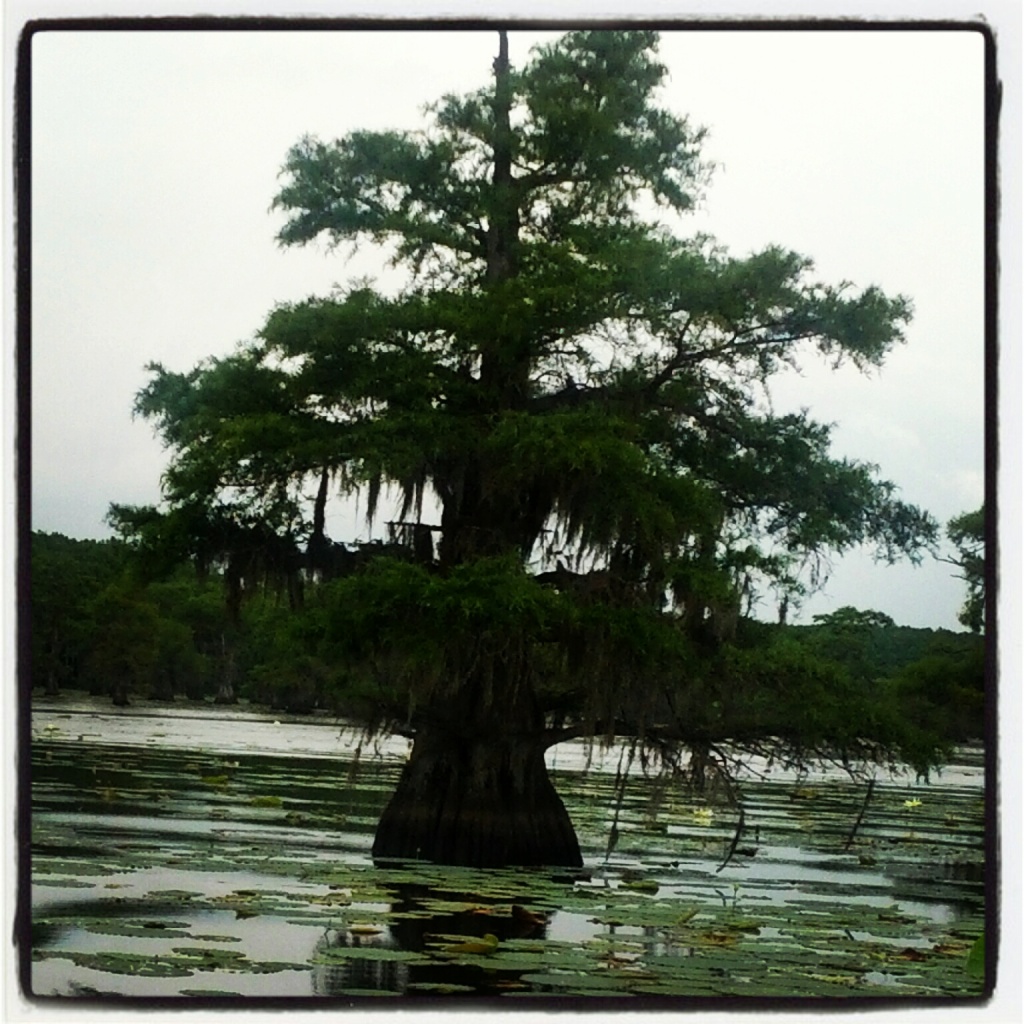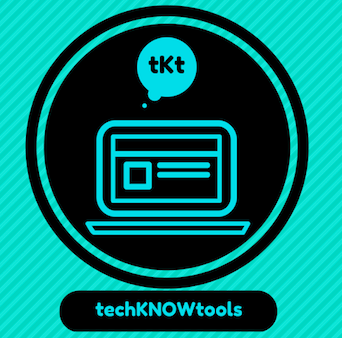What project should we create to grasp the future of education and technology?
This is a big, bold question that is being explored and discussed in facilitated conversations via Bryan Alexander this week for:
Future of Education & Everything Community (#FOECast) IDEATION WEEK: February 26-March 2, 2018
For those of you who know me (or are just getting to be acquainted), I am all for a grassroots initiative to discuss and dig into problems by and for a community. The idea of this week is to encourage “ideation” in an open, accessible way to explore how we’ll investigate/understand the future of learning, education, technology, and probably more. This is an exciting endeavor instigated by Bryan (and more!) to crowdsource where the Horizon report might go — or even expand into areas it did not reach. The goal (or dream) is: “to create something bold and new, a project drawing on the middle of the 21st century. This is a public and open process, through which we hope to get as broad and diverse a set of perspectives as possible.”

JOIN the LIVE Online Sessions to CONTRIBUTE!
During the online, synchronous meetings, these will be the four questions/prompts to guide the conversation:
-
-
What forecasting methods should we consider?
-
What shape should a new effort take?
-
What scope should this cover?
If you are not able to make a time/meeting, please feel free to participate in this organic and growing discussion. You can comment by tweeting and follow the #FOECast hashtag. Add your comments and responses to this open Google doc that continues to grow and be annotated (love it?). Join and contribute to the ongoing Slack channel (find the direct URL here: https://beyondthehorizongroup.slack.com/). Additionally, you can post your own thoughts/ideas to the four questions (above) on your own blog, video, or other digital media of your choice. I have no doubt the community of futurists, instigators, designers, and then some would welcome all contributions … well, maybe not smoke signals (yet).
I expressed my sentiments about the NMC Horizon Report and the value it offered in the doc:
1) What needs did the Horizon Report meet?
I think the horizon report helps to bring together multiple stakeholders have contributed to the different entities in education come together (K-12, higher ed, and libraries) and the professional organizations/affiliations of practitioners and researchers. The horizon reports offered information, knowledge sharing, exemplars/examples, and practical experiences collected in one hub. Related to that, we started to bridge into other geographic areas and branch into the needs of industry. This cross-section of representation started to pollinate ideas and encourage people to move beyond a role or institutional focus into what is possible for the future of education. Does the horizon report need to be exclusive to technology? Should we be focused on the education landscape as a whole? This could be the changes in demographics for learners, educators, practitioners, and organizational trends/needs.
I’m stilling chewing on these questions… and thinking out loud (out blog?). I hope to join the conversations and be part of this collaborative discussion and threads on the interwebs. If you too care about the future of learning and have a thought of two — do join in. This is important and we need ideas from all around the education/learning table. What do you think about the future of learning, education, and technology?
An UPDATE on March 4, 2018:
After participating in a couple of conversations, watching the online discourse, and critical contributions in the shared doc/slack spaces, I thought I should finish up my own contributions to all that is shared and where this #FOEcast conversation might go. Here are my responses to the last 3 questions posed for the week:
2) What forecasting methods should we consider?
I am not sure about forecasting methods; however, I am not sure we do a decent job actually aggregating the data, research, and current practices in a comprehensive manner. There are a number interesting and creative pedagogical practices that rarely get reviewed or researched. Additionally, there is rarely many findings or research implications that are shared well with practitioners for teaching/learning/training. I would be more interesting in considering how we bring these information sources we currently have to understand the broader landscape. Perhaps this involves bringing different entities, stakeholders, organizations, etc. together to process and review learning practices in a few different pockets and industries. With criticisms of integrity withing the educational technology research and critiques of past NMC briefs, I am not sure how the past reports were developed always expressed the trends of teaching/learning/training around the globe. Who gets included or excluded with a Delphi panel? Why is there a focus on technologies and tools, rather than solving problems? How can future trend reporting truly reach and cover a broad spectrum of how learning and development is evolving with “innovative” or forward thinking pedagogical practice? Those would be the questions I would want answered for predictions and pathways forward for research methods to develop a new report.
3) What shape should a new effort take?
Perhaps going from the original Delphi model of “ask the expert” + community to curate a report of the “state of learning” (or training or development — per Stephen Downes above) to tease out the original PDF report and present it in multiple ways that interests and engages multiple audiences (e.g. educators, researchers, designers, admin, training, L&D, etc.). A digital showcase of applications beyond a webinar or webcast could include bit-sized examples of testing and experimenting with learning design, a technology in application for learning, or other via a podcast+show notes, video demonstration, testing exemplar of a concept, team blog of experimentation in progress, or a “behind the curtains” look for how to apply pedagogical practices. There is no shortage of how to share knowledge that allows it to cross into different industries, learning/educational areas, and could engage multiple professionals (not just K-12, higher ed, workplace learning, library, etc.) — this could be shared with those who are willing to test/try/experiment in learning. Perhaps focusing on the issues, concepts, and problems will help bring a broader audience and interest to the findings in these future of learning reports AND help us to connect the nodes between professions, practitioners, and a variety of industries. Let’s start encouraging play in other professional sandboxes!
4) What scope should this cover?
I think FOECast has the potential to go beyond the original Horizon Report. It could be more than a function of educational sectors or even geographic locations discussing the trends for technology + {Library, K-12 education, Higher Ed, etc.}. The new version looking at the future of education (or learning/development/training), could provide a pathway to discuss critical issues, contemplative ideas, and thoughtful pedagogical practices. Some of these trends may include technology; however, the focus could be on the issues or problems the collective wants to solve in teaching/learning/development. I would hope these reports (or open ideation events or whatever shape this takes) continues to involve an integrated community of practice to engage, question, think critically, contribute, and challenge one another to do better work (teaching, researching, designing, etc.). What are the questions we should be asking? What are the practices we could be testing or piloting? What are the nuances for teaching/learning?
I am a big fan of how Kay Oddone shared this diagram below and reflected how connected learning principles emerged out of the FOEcast week of brainstorming/ideation:

I agree with this, and further push this idea to embrace how connected learning often drives professionals to contribute to a networked community of practice. The FOEcast week reminded me how an organic group of people can support and contribute to moving an idea forward. The community is vested in a common purpose and many want to not just talk, but also contribute to how we can shape our future practices, with regards to formal and informal learning. With formal education institutions (K-12, higher education, etc.) and professional associations/organizations there seems to be a tension of how to balance innovative ideas and approach future-oriented projects due to structural barriers or workforce constraints. This process allows for more freedom and willingness to connect the nodes to share knowledge and involve those who might be interested in a problem/issue or topic. What is great about this designed experience is the potential to move this conversation (and future actions) beyond a particular professional role/title/function, across institutional/organizational boundaries, and involve others who have not contributed their voice yet. This is critical, as sharing at the intersections of what we do in learning/training/development will help to truly advance our pedagogical practices.
There was so much thoughtful discussion and critical thinking shared on the live chats, hashtag and open Google doc (go see for yourself). Thanks for instigating this needed conversation, Bryan, and to all the contributors — it has been a real delight to read your ideas and hear your thoughts in this open dialogue. I hope this process of thinking, talking, and doing something for the future of everything continues. I’m interested… count me in! This might be the wrap up blog post for the #FOEcast week, Final push: Create!, however; this conversation and community contribution seems to be just the beginning: https://www.foecast.net/










You must be logged in to post a comment.